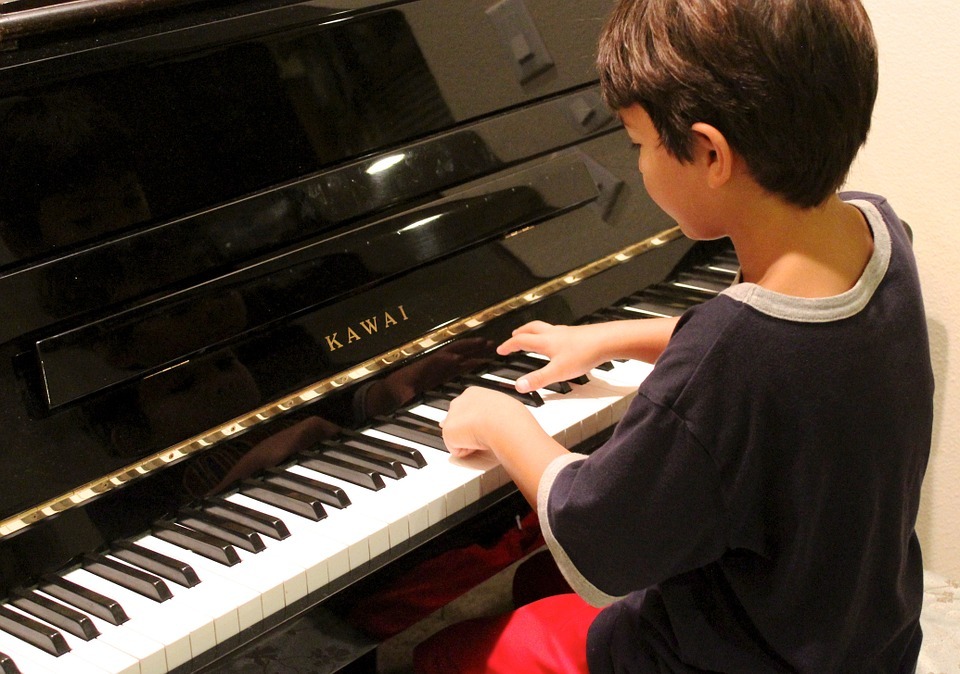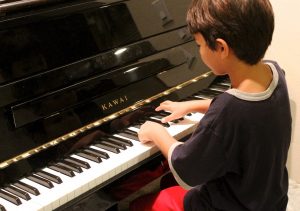
How Music Education Helps in Many Areas of Child Education and Development
While most parents agree that reading, writing, science, social studies, and arithmetic are vital school subjects to teach our youth, not everyone feels quite the same way about music education. There is a large group of people who feel that music is an “extra” and not nearly as important as the traditional subjects taught in school. In fact, when budgets need to be cut, music class is often one of the first courses to be eliminated from the school curriculum. This is a real shame, since music plays an important part in a child’s overall education and development. Here are some reasons why.
Confidence
Having a talent like playing a musical instrument instills a great level of confidence in children. Learning how to play and becoming better and better is a self-esteem booster and something for a youngster to be proud of. Performing in front of the class or before a large audience during recitals is a thrill for children who are pleased to share their music with those around them. This type of confidence will work to their advantage in other areas of life, such as in other classroom subject presentations, making friends and meeting new people, talking to adults, and excelling in their future careers when they grow up.
Skill Development
Music is so much more than entertainment. Learning music scales, tempo, rhythm, etc. are not easy to master. There is a lot that goes into perfecting each chord, stanza, and song that takes years to get right. These skills transfer to other area of learning, particularly mathematics. The young brain is stimulated with a new way of learning and processing all that music encompasses. Turning on the radio is simple, but the artistry behind what’s heard takes not only talent, but dedication through practice and study and determination.
Coordination
Hand-eye coordination is something that music helps foster in children. Reading sheet music while learning where fingers or lips go on the instrument is a task that takes concentration and coordination. Keeping pace while trying to hit the right notes while watching the conductor isn’t something that comes naturally to most. Kids must practice over and over to get their coordination skills to reach their peak. These skills learned from music education will help with science experiments, on the ball field, while painting in art class, and in various other arenas of life in and out of school.
Teamwork
Playing with the band or orchestra or singing in the school choir is all about working together. This teamwork is part of what makes the music resonate and sound great to the audience. Kids must learn how to manage their volume, feed off of one another, and learn how to shine as a group rather than an individual. This teamwork education will help your child in after-school activities, with group class projects, and when part of the workforce as an adult.
Does your child play an instrument, sing, or have any other type of involvement in something music-related? What are your thoughts on the importance of music education in our schools?
For more information like this, please pay a visit to All My Children’s blogs.
By: Melissa A. Kay
